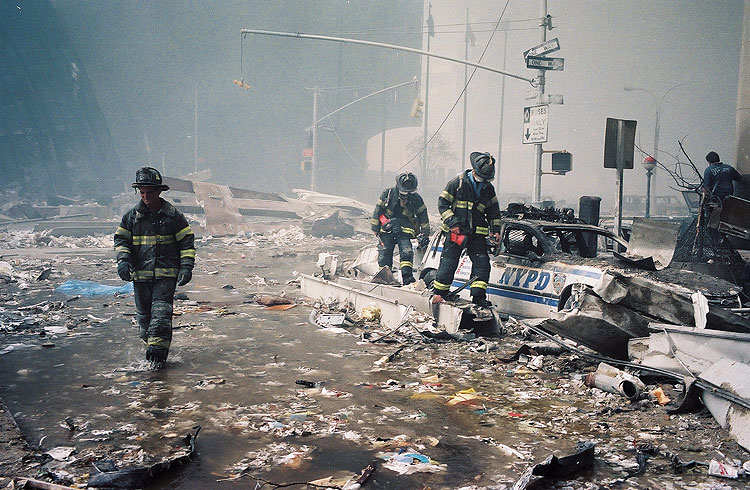Please play the video while you are reading this post.
During the summer of 2001, I was preparing to go with my high school marching band to Hawaii to commemorate the 60th anniversary of Pearl Harbor. One high school marching band was invited from each state that had a ship named for it in the harbor on Dec 7, 1941. My Utah school was lucky enough to be chosen. I was a member of the colorguard.
As this trip to Hawaii was one of remembrance and not just a vacation, only students who passed the World War II course especially designed for this event could go. I spent the summer preparing physically for the demands of marching at attention in blistering heat, mentally for reports and papers, and emotionally as I studied the accounts of individuals and events of World War II, particularly the war in the Pacific and especially the attack on Pearl Harbor.
It was during this training that I also made a trip to Ghana with my dad, a doctor who volunteered to help open a small village clinic, perform operations, and share knowledge with doctors in the hospital in Accra. While on this trip, among poverty and illness, I read a book called "Day of Infamy" which was a compilation of the experiences of many individuals on that horrible day 60 years before. With these images in my head, I felt internally and externally surrounded by suffering.
Rather than become overwhelmed, my experiences were helping me build respect for life and a deep appreciation for those who risk their life to protect and defend our country.
 |
| photo from http://www.911memorial.org/ |
The morning of September 11, 2001 was a late-start day for my high school. On these days, students could go to any class that they wanted to get academic help from teachers before classes officially started. I needed math help, as usual, and walked in to my math class only to see that the television was on. As I sat down and pulled out my math materials, someone explained that a plane had crashed into the World Trade Center. I couldn't wrap my brain around it. "Why?" I asked. "What went wrong?" Then another fellow student said that he was sure someone had done it on purpose, it wasn't an accident. I was glued to the TV from that moment on, math forgotten. I watched in horror as another plane hit the south tower. I can't remember what the news was saying, only that image. The plane, the fire, the smoke, the worry for the people.
I tried to remember looking at those towers in person on a school group trip to New York a few years earlier. I tried to remember what it was like to be there. I tried to imagine what it was like there now.
As the first tower came down, I couldn't believe what I was watching. I'm sure my expression was shocked, because I had tears streaming down my face. I can't even remember if I saw the towers fall in that math classroom or if by this time I had moved to first period, physics. My classes were a blur. But I do remember that I was the only one in my physics class that was literally sobbing out loud. Jon, who sat next to me, tried putting his arm around me in comfort and told me it was okay. Of course, it wasn't okay.
After my break down in first period, I couldn't go to my next class. As soon as the bell rang I ran up the two flights of stairs to find my Pearl Harbor Project teacher. I ran to her in a panic. "Is this what Pearls Harbor felt like?" I managed to ask between tears and hyperventilation. She put her hands on my shoulders and asked, "Do you know anyone in New York?" "Not a soul," I replied. Then she whispered, more to herself than to me, it seemed, "And it doesn't even matter." I remember wondering at her astonishment that the plane attacks had so deeply affected me when I didn't even know anyone near there. She advised me to call my mom and walked me to the phone in the main office.
I spoke with my mother briefly, she had turned the TV on after I had left for school, but determined that I could stay at school the rest of the day. All my classes were spent watching TV. When I got to my AP Government class, the last class of the day, a girl was disgusted at the idea that we wanted to keep the TV on. There hadn't been any more developments since that morning, she reasoned, and they wouldn't really know anything more today, she was sure. For some reason I felt that this attitude was deeply disrespectful. I realize now that it may have simply been her way of dealing with this tragedy, but I felt we owed it to our fellow countrymen to stay with them, even if just by watching. The teacher switched the TV off.
 |
| The Columbine Flower |





1 comment:
Where is the love button? cause this deserves it
Post a Comment